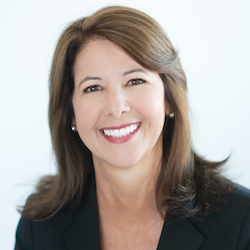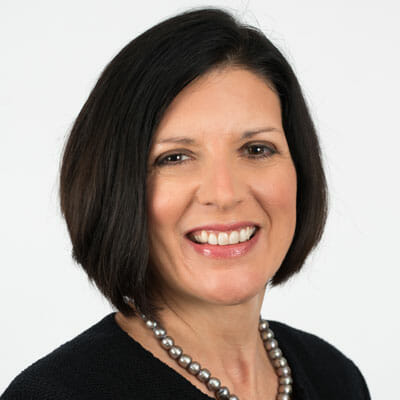Effective leaders have a “toolbox” of fortitude and humility to help navigate changes that arise, senior living executives said during Wednesday’s leadership huddle hosted by the National Investment Center for Seniors Housing & Care.

The common thread that runs through all successful leadership roles is the ability to embrace change with humility while also being confident, Kimberly S. Lody, president and CEO of Sonida Senior Living, said during the webinar, which was sponsored by Colliers Mortgage.
“Be a person, be a human, be vulnerable, and ask questions. We don’t have the answers, and we don’t have to be the smartest person in the room the whole time,” she said. “Really, the strength comes from being sure that you are able to accumulate all of the answers. You don’t necessarily have to have them all yourself.”
Leaders also must be able to build relationships, solve complicated problems, “work smart” and prioritize their time well, added Lucinda “Cindy” Baier, president and CEO of Brookdale Senior Living.
“These are things that are necessary regardless of the industry or the role,” she said. “Change is constant.”

A common priority for senior living leaders is attracting and engaging their workforces as well as working toward pre-pandemic occupancy and revenues, according to Baier. Operators also have learned the importance of resident engagement, “which has caused us to up our game,” she said.
The executives agreed that it is important that others in leadership roles fit well with the company’s culture. Additionally, they said, it is important that a company’s board of directors not only aligns with corporate values but also is made up of individuals who will give feedback, good or bad, and not just provide the answers they think leaders want to hear.
Importantly, leaders must embrace change and invite workers to be part of the solution, Baier said.
“If you help create something, there’s a chance that you’re going to push it forward a lot better than if it is dictated from above you. I think it’s important to win both hearts and minds of the people you’re trying to lead so they understand sort of why the change is necessary, what the process was,” she said. “In managing change, it is important to recognize that even in the most positive change, there’s a lot that occurs, and it takes time for people to really understand how the change affects them.”
Lody said that when she first came to Capital Senior Living, now Sonida Senior Living, she developed a three-year plan for employees to navigate significant changes that were occurring and their particular role in those changes. She named the strategy SING, an acronym for stabilize, invest, nurture and grow.
“Under each one of those letters, we had the items we needed to achieve, and we cascaded that down through every level of the organization,” she said, adding that she was “pleasantly surprised” at how the framework resonated with employees.
A unique attribute of senior living leadership as compared with other businesses, the speakers said, is that the heads of senior living organizations help each other in spite of being competitors.
“We are all competing, but that seems to take a secondary level some of the time,” Lody said. It is not uncommon, she added, for one executive to call another to ask how they are handling a situation or what protocols are in place, or to share what their company is doing.
“I don’t think there are many industries where people put as much of their heart into the business as they do in senior living,” Baier added. “For us, it’s about connecting with the residents, connecting with the families, connecting with others who work at the same company, but it is really the heart of the people in this industry that is truly unique.”
The key takeaways for being a good leader in times of change or anytime, according to Baier and Lody, are to work hard, build relationships, build trust and be kind. In addition, they said, aim high in setting specific goals, and don’t settle for less.
“Never compromise your ethics or your integrity,” Lody said.


